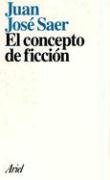Understanding writing
Explore top books on understanding writing to enhance your skills. Discover expert guides, techniques, and insights for mastering the art of effective writing.

Book
On Becoming a Novelist
by John W Gardner
"One of the greatest creative writing teachers we've ever had." —Frederick Busch On Becoming a Novelist contains the wisdom accumulated during John Gardner's distinguished twenty-year career as a fiction writer and creative writing teacher. With elegance, humor, and sophistication, Gardner describes the life of a working novelist; warns what needs to be guarded against, both from within the writer and from without; and predicts what the writer can reasonably expect and what, in general, he or she cannot. "For a certain kind of person," Gardner writes, "nothing is more joyful or satisfying than the life of a novelist." But no other vocation, he is quick to add, is so fraught with professional and spiritual difficulties. Whether discussing the supposed value of writer's workshops, explaining the role of the novelist's agent and editor, or railing against the seductive fruits of literary elitism, On Becoming a Novelist is an indispensable, life-affirming handbook for anyone authentically called to the profession. "A miraculously detailed account of the creative process."—Anne Tyler, Baltimore Sun
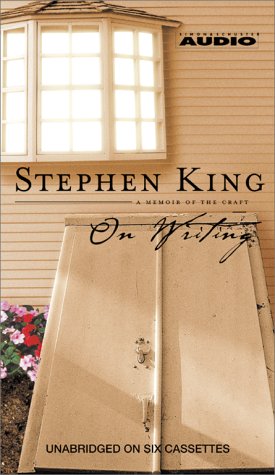

Book
The Art of Fiction
by John Gardner
This classic guide, from the renowned novelist and professor, has helped transform generations of aspiring writers into masterful writers—and will continue to do so for many years to come. John Gardner was almost as famous as a teacher of creative writing as he was for his own works. In this practical, instructive handbook, based on the courses and seminars that he gave, he explains, simply and cogently, the principles and techniques of good writing. Gardner’s lessons, exemplified with detailed excerpts from classic works of literature, sweep across a complete range of topics—from the nature of aesthetics to the shape of a refined sentence. Written with passion, precision, and a deep respect for the art of writing, Gardner’s book serves by turns as a critic, mentor, and friend. Anyone who has ever thought of taking the step from reader to writer should begin here.

Book
A Moveable Feast
by Ernest Hemingway
“There is never any ending to Paris and the memory of each person who has lived in it differs from that of any other.” —Ernest Hemingway, A Moveable Feast Ernest Hemingway’s classic memoir of Paris in the 1920s remains one of his most beloved works. Filled with tender memories of his first wife Hadley and their son Jack; irreverent portraits of literary luminaries such as F. Scott Fitzgerald and Gertrude Stein; and insightful recollections of his own early experiments with his craft, A Moveable Feast brilliantly evokes the exuberant mood of Paris after World War I and the youthful spirit, unbridled creativity, and unquenchable enthusiasm that Hemingway himself epitomized. It is an elegy to a remarkable group of expatriates and a testament to the risks and rewards of the writerly life.
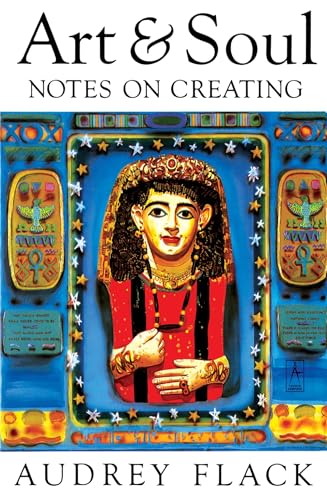
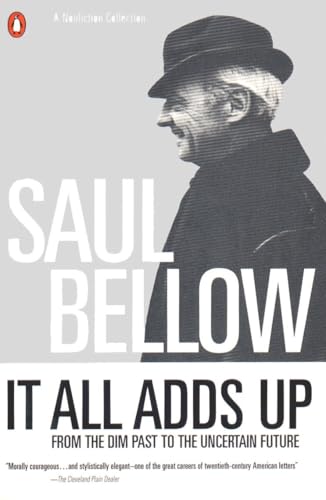
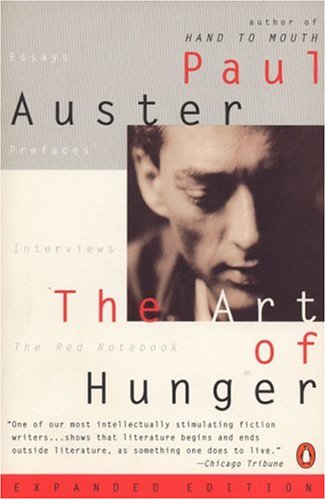
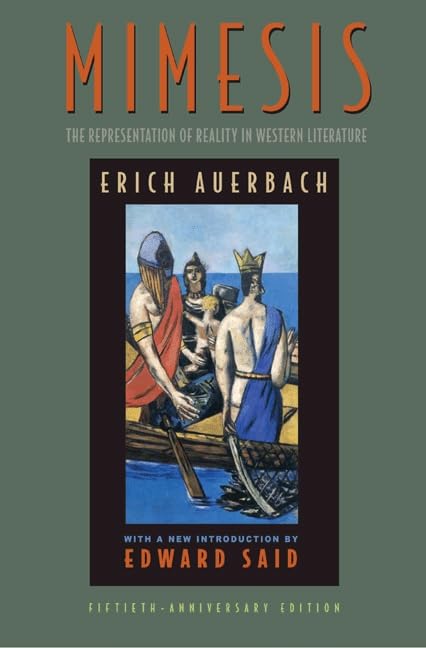

Book
The Fiction Editor, the Novel, and the Novelist
by Thomas McCormack
"Lucid, thoughtful...writers and teachers will learn much from it...Belongs wherever Strunk and White’s The Elements of Style finds frequent use.”--Booklist "Writers will actually learn things here.”--Los Angeles Times "Perfect for teachers, critics and general readers.”--Library Journal "Required reading for all those who care about good fiction."--Kirkus Reviews Drawing upon twenty-eight years of experience as the CEO and editorial director of St. Martin’s Press, Thomas McCormack gives practical guidance about how to plan, write, and revise a novel. A standard reference for editors since its first publication in 1988, The Fiction Editor has also become popular with writers because McCormack’s advice is constructive at every step of the creative process. From individual word choice right up to the overarching effect of the work as a whole, he details how to structure the novel, choose the characters, drive the story, diagnose narrative ailments, and find and apply specific remedies. In this revised second edition, McCormack takes advantage of almost two decades of additional experience to clarify and expand on what he has learned. "Written in an amiable tone, often using examples, hypothetical writing scenarios, or dialogue-style discourse between industry professionals to clarify its points, The Fiction Editor, the Novel, and the Novelist is a superb handbook for fiction writers but especially recommended for prospective and professional fiction editors."--Midwest Book Review Thomas McCormack edited authors as diverse as James Herriot (All Creatures Great and Small) and Thomas Harris (The Silence of the Lambs). He was awarded LMP's Lifetime Achievement Award and the AAP's Curtis Benjamin Award for Creative Publishing. For two years, he wrote "The Cheerful Skeptic" column in Publishers Weekly.


Book
The Art of Fiction
by David Lodge
The articles with which David Lodge entertained and enlightened readers of the Independent on Sunday and The Washington Post are now revised, expanded and collected together in book form. The art of fiction is considered under a wide range of headings, such as the Intrusive Author, Suspense, the Epistolary Novel, Time-shift, Magical Realism and Symbolism, and each topic is illustrated by a passage or two taken from classic or modern fiction. Drawing on writers as diverse as Henry James and Martin Amis, Jane Austen and Fay Weldon and Henry Fielding and James Joyce, David Lodge makes accessible to the general reader the richness and variety of British and American fiction. Technical terms, such as Interior Monologue, Metafiction, Intertextuality and the Unreliable Narrator, are lucidly explained and their application demonstrated. Bringing to criticism the verve and humour of his own novels, David Lodge has provided essential reading for students of literature, aspirant writers, and anyone who wishes to understand how literature works.

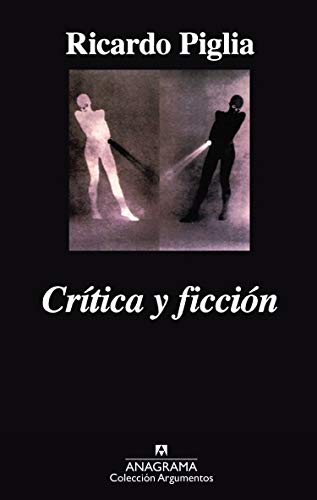

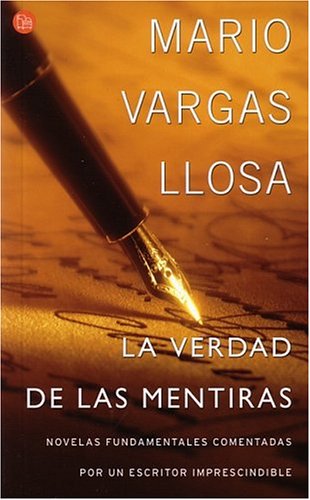

Book
Letters to a Young Poet
by Rainer Maria Rilke
Letters written to F.X. Kappus during the years 1903-1908.
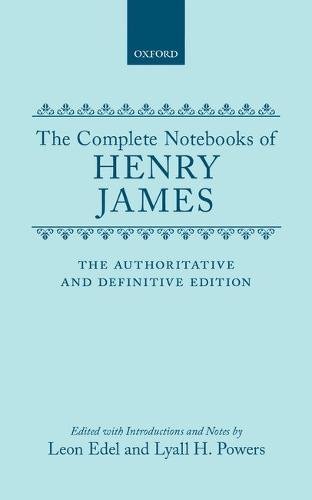


Book
Aspects of the Novel
by Edward Morgan Forster
A highly original and intelligent investigation of the novel from celebrated writer and "gentle genius" E. M. Forster E. M. Forster's renowned guide to writing sparkles with wit and insight for contemporary writers and readers. With lively language and excerpts from well-known classics, Forster takes on the seven elements vital to a novel: story, people, plot, fantasy, prophecy, pattern, and rhythm. He not only defines and explains such terms as "round" versus "flat" characters (and why both are needed for an effective novel), but also provides examples of writing from such literary greats as Dickens and Austen. Forster's original commentary illuminates and entertains without lapsing into complicated, scholarly rhetoric, coming together in a key volume on writing that avoids chronology and what he calls "pseudoscholarship."

